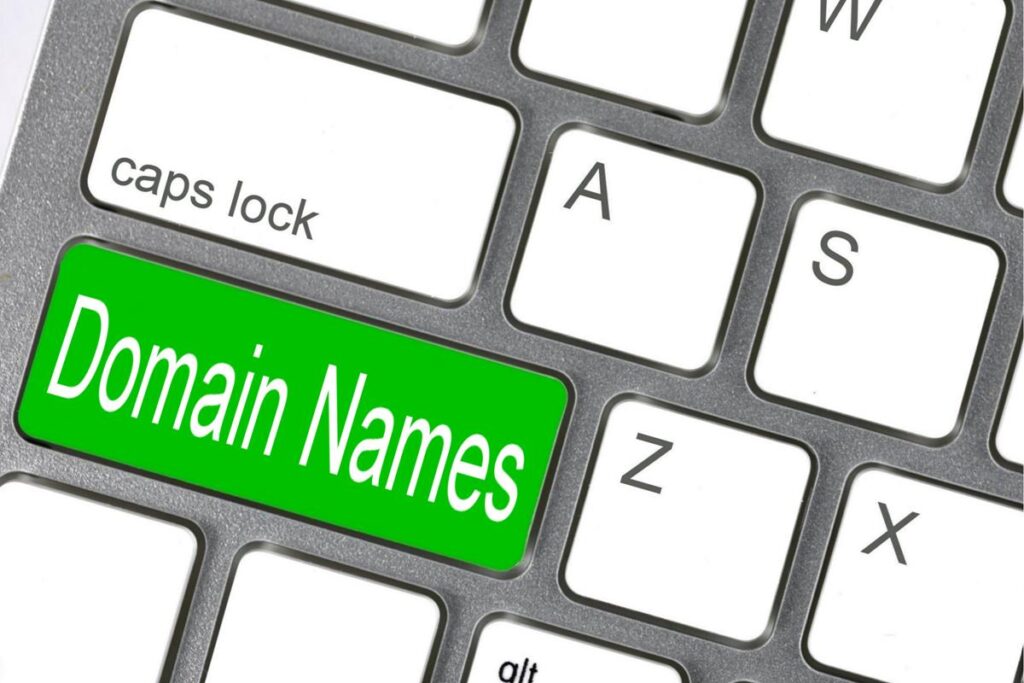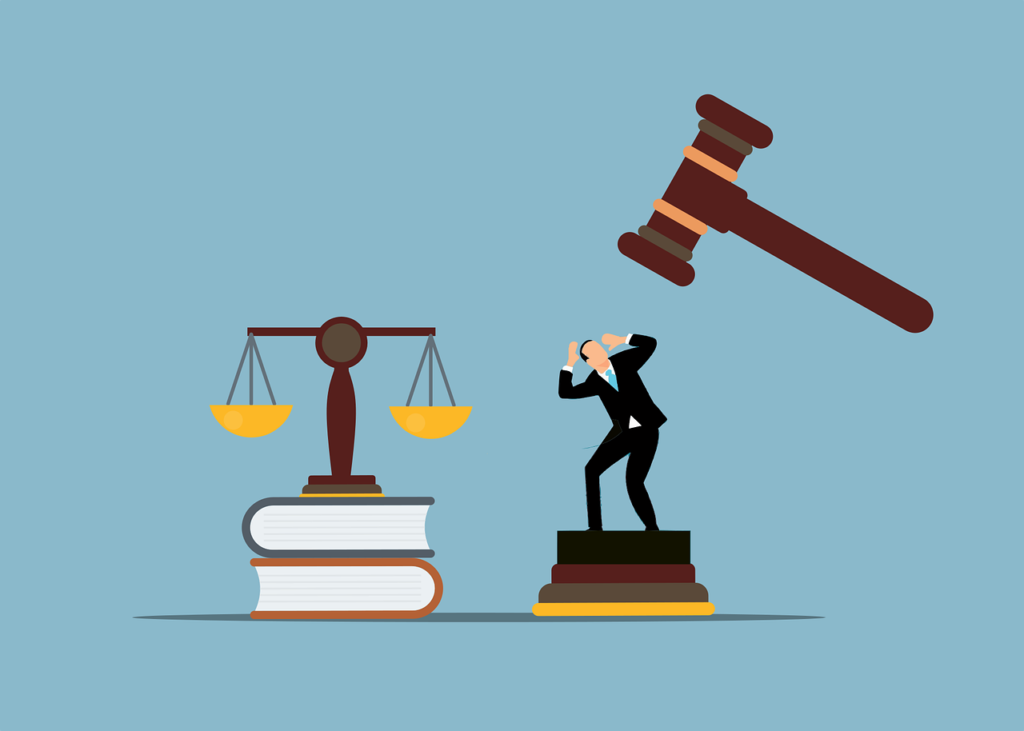A Domain Name Commission Board typically refers to a governing or oversight body that manages domain name registrations, policies, and disputes for a particular region, industry, or type of domain extension. This board ensures that domain name registrations are conducted fairly, responsibly, and in accordance with relevant laws and standards.

Here’s a general overview of the key functions such a board would have:
Key Responsibilities of a Domain Name Commission Board
- Policy Setting and Management:
The board defines policies around domain name registration, eligibility criteria, and renewal processes. It ensures that these policies comply with national and international standards. - Dispute Resolution:
If there are disputes over domain name ownership, trademark violations, or misuse, the commission board provides a framework for resolving these conflicts. This often involves arbitration or mediation procedures. - Ensuring Fair Access:
The board ensures that domain names are distributed in a fair and non-discriminatory manner, making sure all eligible applicants have equal opportunities to register domain names. - Monitoring Registrations:
The board keeps track of domain name registrations and may enforce rules regarding the maintenance and cancellation of domains that do not meet specified criteria or are in violation of policies. - Compliance and Regulation:
The board ensures that domain name registrars comply with its rules and regulations. It may conduct audits or reviews of the processes employed by registrars to maintain transparency and fairness. - Public Education and Resources:
The commission often provides educational resources to businesses and individuals about the process of domain registration, domain ownership, and the impact of domain choices on branding, SEO, and business success.
Example: The Role of the .au Domain Administration (auDA) in Australia
In Australia, the auDA (Australian Domain Administration) is the organization that manages domain names under the .au country-code top-level domain (ccTLD). They oversee both the .com.au and .au extensions. The auDA functions as a domain name commission board by regulating policies for registration, handling disputes, and ensuring fair practices.
For a business or individual looking to register a .com.au or .au domain in Australia, they must comply with auDA’s guidelines. The board ensures that only eligible entities (like Australian residents or businesses) can register .com.au domains, thereby protecting the integrity and trust of the .au domain namespace.
Here’s a list of domain name commission boards or similar organizations responsible for managing domain names across different countries. These organizations oversee the registration of country-specific top-level domains (ccTLDs) and ensure that domain name registration follows the appropriate policies, laws, and standards.
1. Australia – auDA (Australian Domain Administration)
- Domain: .au (including .com.au, .net.au, etc.)
- Responsibilities: auDA is responsible for the management of all .au domain names, including registration, eligibility policies, dispute resolution, and ensuring fair distribution of domains within Australia.
- Website: https://www.auda.org.au
2. United States – ICANN (Internet Corporation for Assigned Names and Numbers)
- Domain: .us (United States)
- Responsibilities: ICANN is a global non-profit organization that oversees the management of domain names, including the .us ccTLD. While ICANN doesn’t directly handle domain registration for .us, it works through registrars to ensure that domain registrations follow global standards. It also helps manage the allocation of domain names worldwide.
- Website: https://www.icann.org
3. United Kingdom – Nominet
- Domain: .uk
- Responsibilities: Nominet manages the registration of .uk domains and provides governance, policy, and technical services for the country-code top-level domain. It also offers dispute resolution services and promotes cybersecurity efforts for .uk domains.
- Website: https://www.nominet.uk
4. Canada – CIRA (Canadian Internet Registration Authority)
- Domain: .ca
- Responsibilities: CIRA manages the .ca domain name registry and is responsible for setting policies for domain registrations in Canada, ensuring the security and integrity of the .ca namespace, and offering dispute resolution services.
- Website: https://www.cira.ca
5. Germany – DENIC (German Network Information Center)
- Domain: .de
- Responsibilities: DENIC is responsible for the administration of .de domains. They maintain the registry, set the registration rules, and provide dispute resolution mechanisms for domain conflicts. DENIC is also involved in the technical operation of the .de domain.
- Website: https://www.denic.de
6. India – NIXI (National Internet Exchange of India)
- Domain: .in
- Responsibilities: NIXI manages the .in country code domain and is responsible for domain registration, promoting the .in domain space, and ensuring policies are followed. NIXI also works to improve the security and stability of the .in domain infrastructure.
- Website: https://www.nixi.in
7. Brazil – Registro.br
- Domain: .br
- Responsibilities: Registro.br is responsible for the registration of .br domains. It manages all aspects of domain registration, including policy setting, domain dispute resolution, and ensuring fair and transparent management of the .br domain registry.
- Website: https://www.registro.br
8. France – AFNIC (Association Française pour le Nommage Internet en Coopération)
- Domain: .fr
- Responsibilities: AFNIC is the registry for .fr domains and oversees the registration, policy formulation, and technical operations related to .fr domains. AFNIC is also responsible for maintaining the integrity of the .fr domain name system and handling disputes.
- Website: https://www.afnic.fr
9. South Africa – ZA Central Registry (ZACR)
- Domain: .za
- Responsibilities: ZACR is responsible for the registration and management of .za domains, including .co.za, .org.za, and other second-level domains. They ensure proper governance and security of the .za registry.
- Website: https://www.registry.net.za
10. New Zealand – Domain Name Commission (DNC)
- Domain: .nz
- Responsibilities: The Domain Name Commission (DNC) manages the .nz ccTLD and works to ensure that domain names are registered in a fair and transparent manner. The DNC provides dispute resolution and handles complaints regarding domain registrations in New Zealand.
- Website: https://dnc.org.nz
11. Mexico – NIC México
- Domain: .mx
- Responsibilities: NIC México is responsible for the administration of .mx domains. It manages domain registration, ensures compliance with regulations, and handles dispute resolution for domain name conflicts in Mexico.
- Website: https://www.nic.mx
12. Japan – JPNIC (Japan Network Information Center)
- Domain: .jp
- Responsibilities: JPNIC is responsible for managing the .jp domain, including policy creation, registration, and the overall management of the country’s internet infrastructure. It also ensures compliance with the rules governing .jp domain registration.
- Website: https://www.nic.ad.jp
13. China – CNNIC (China Internet Network Information Center)
- Domain: .cn
- Responsibilities: CNNIC oversees the registration of .cn domains and is responsible for setting policies, managing the registry, and providing services like dispute resolution for .cn domain names.
- Website: https://www.cnnic.net.cn
14. Singapore – SGNIC (Singapore Network Information Centre)
- Domain: .sg
- Responsibilities: SGNIC is the official registry for .sg domains and ensures that the policies for registration are adhered to. It is responsible for overseeing the technical and operational aspects of the .sg domain.
- Website: https://www.sgnic.sg
Read: Where Is the Best Place to Buy a Domain Name?
Conclusion
Across the world, domain name commission boards play a critical role in managing country-code top-level domains (ccTLDs). These boards set policies, oversee registration procedures, and ensure that domains are distributed in a fair and secure manner. Whether you’re registering a .com.au domain for an Australian business, a .uk domain for a UK-based startup, or a .in domain for a company in India, each board plays a vital part in maintaining the integrity of the internet domain space.


